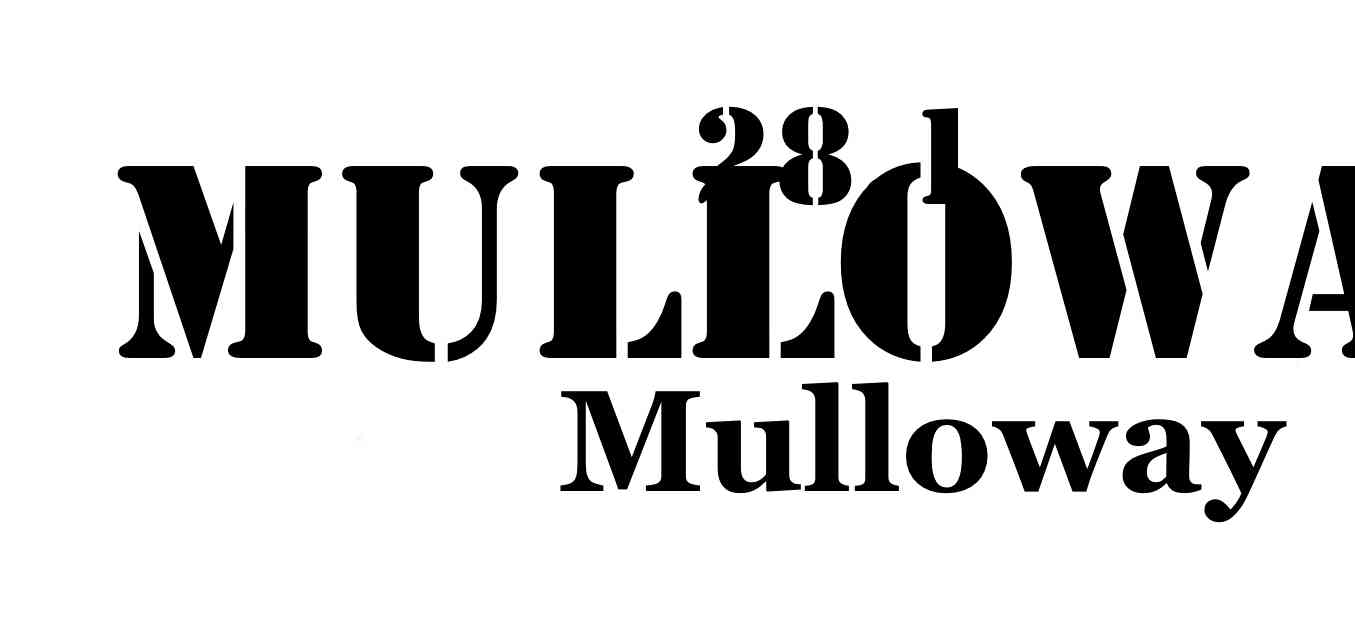 Welcome to the dreamy village of Mulloway, population 28.1, set in the backblocks of the Hawkesbury, somewhere in the vicinity of Sandy Bay, Peat Island and the Angler's Rest. The place is awash with ribbon-fish shaped streamers and the sound of a parade of Customlines passing down the main street toward the water, all to a sound track of late-period Bob Dylan and Emmylou Harris …
Welcome to the dreamy village of Mulloway, population 28.1, set in the backblocks of the Hawkesbury, somewhere in the vicinity of Sandy Bay, Peat Island and the Angler's Rest. The place is awash with ribbon-fish shaped streamers and the sound of a parade of Customlines passing down the main street toward the water, all to a sound track of late-period Bob Dylan and Emmylou Harris …
Go, little homage, take us for a ride!
Just about everyone in the Australian poetry community has a Robert Adamson story. Not necessarily their own, but an Adamson anecdote just the same. Poet, novelist, jailbird, editor and publisher, translator, autobiographer, recipient of an apprehended violence order, critic, fisherman and ornithology enthusiast, Adamson is a substantial figure in the Australian poetry community, with broad influence and appeal.
It's hard to overstate his significance, or his output. He is the author of over a dozen collections of poetry, among them Swamp Riddles, The Clean Dark, the seriously under-rated Where I Come From, The Law from Heart's Desire, Black Water: Approaching Zukofsky and The Goldfinches of Baghdad, plus three editions of selected poems, and two impressive autobiographical works, Wards of the State and the entertaining, freewheeling Inside Out.
Adamson has also been at the centre of public controversies, to do with both poetry (his takeover of Australian Poetry and its re-badging as New Poetry) and personalities (the Byron Bay Writers' Festival Kinsella-Lawrence-Adamson AVO menage of a couple of years ago). As an editor he's been a vigorous and influential figure, overseeing New Poetry from 1971 to 1984, and establishing presses like Prism, Big Smoke and Paper Bark Press.
Chris de Adamson's poem, 'Don't Pay the Ferryman', touches on the idea that Adamson has meant more to male poets than to women poets. This might well be the case, especially given Paper Bark's strong slant towards books by men, but Adamson has, in all fairness, been responsible for the publication of some vital collections by women: Dorothy Hewett's Alice in Wormland, Gig Ryan's Pure and Applied and Mines by Jennifer Maiden.

Adamson's nearly obsessive return to key preoccupation, and the sometimes uneven quality of his work (see Cross the Border, and “The Rumour”) means he is open to affectionate parody. As Michael Brennan writes at Poetry International Web, 'Any cartographer of Australian poetry would be foolish not to map Adamson's Hawkesbury alongside Slessor's Sydney and Murray's Bunyah'.
This is fair enough, though we might also include Robert Gray's North Coast, too. But the key here is that Murray, in particular, and also Adamson, are so primed for parody as much as tribute because of the sheer weight of poems returning to the same places, phrases, concerns and images. When poems slip a little, they can slide into something resembling self-parody.
Years ago, Laurie Duggan, in quoting Adamson almost verbatim, spoofed the 'straight' family history of Adamson's excellent collection, Where I Come From: Adamson's mother 'washing/ and ironing the clothes of death' becomes 'My aunt is ironing the socks of death'. Duggan transforms
death comes on the television
and mum laughssaying there's death again
I must get those jeans taken up
into
& a talking head appears
'It's death', my aunt says.'And he's reading your poems'
Because so much of Adamson's myth-making – of both self and place – is afloat on the Hawkesbury River and environs, it's no surprise that so many of the poems in homage here similarly find themselves afloat on just that setting. Adam Aitken's river is a Cambodian 'mini-Mississippi', and is 'not a river at all/ but a question'.
Paul Hardacre's poems are from a sequence, 'river cuts', Golda Finch's image shows a Bobfish, Stuart Cooke's 'Swansea Foreshore' boats through mangroves, while 'imitator' poems by both Albert Adamson and Chris de Adamson are also watery in nature. While it's pleasing to encourage these newcomers with publication in this mini-issue, it's also very gratifying to be able to include poets of the calibre of John Tranter, Joanne Burns and Kate Fagan.
I now therefore declare this Mulloway officially (sliced-)open, scaled and gutted!









